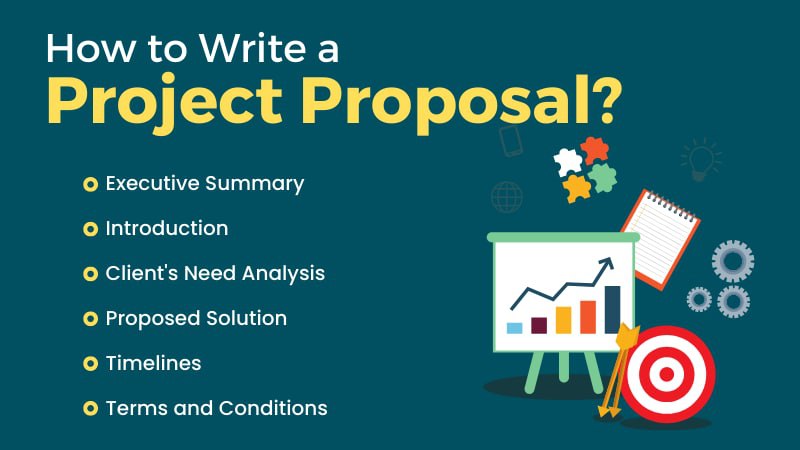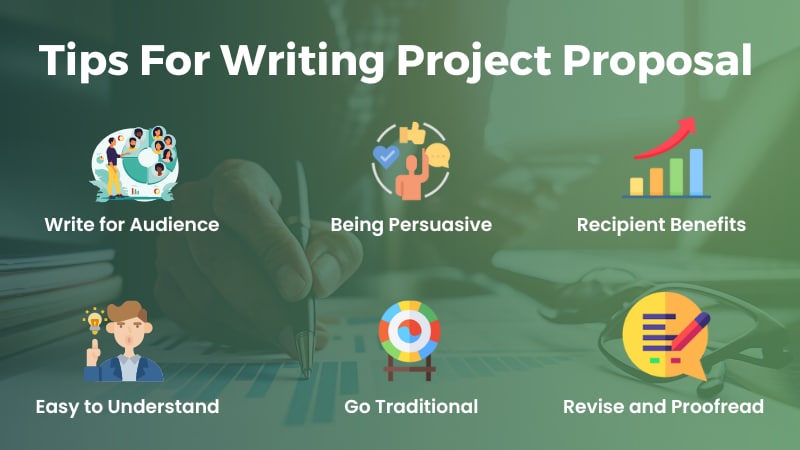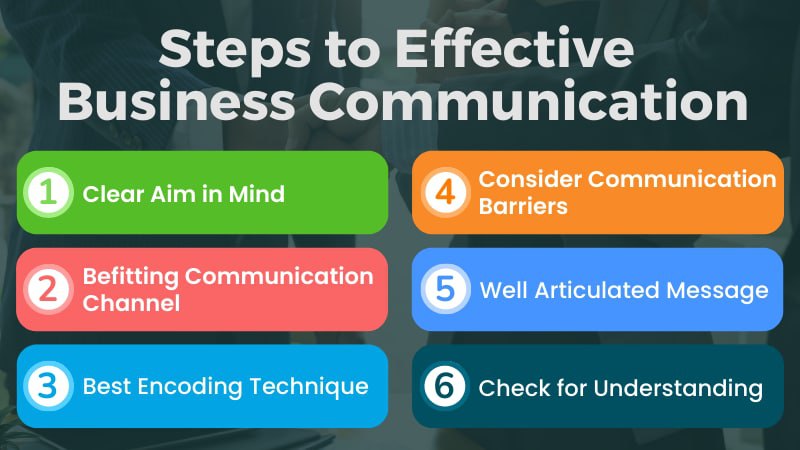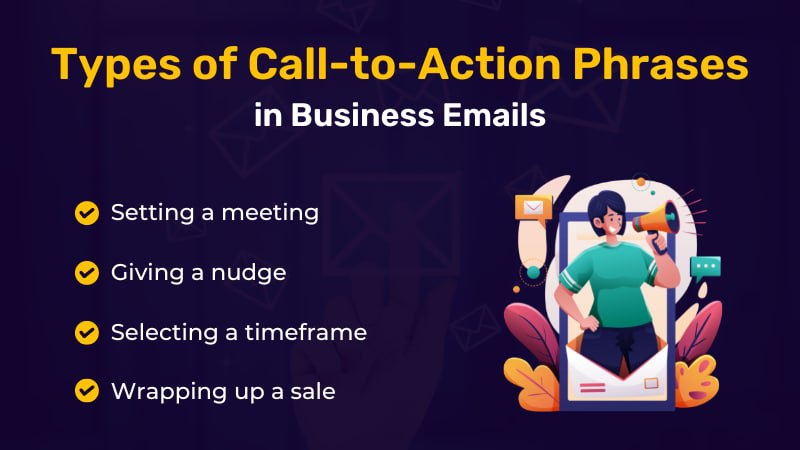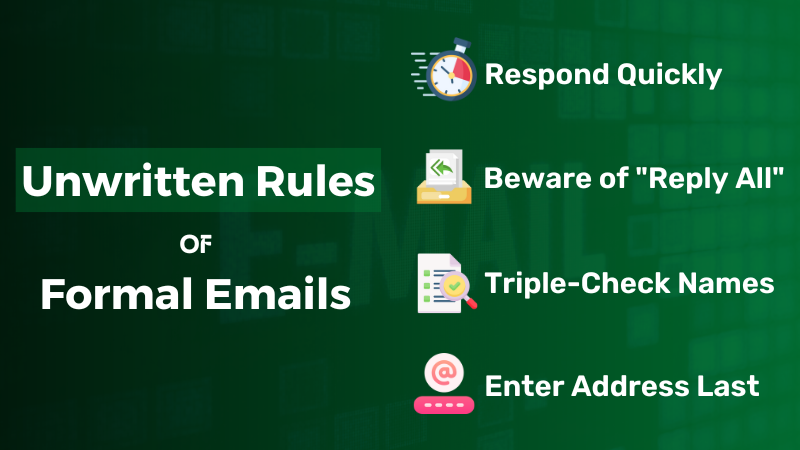Strategies for Writing a CV to Ensure the Interview
A lot of people, probably you and me as well, we think that we created this wonderful piece of document that we call a fabulous CV and the employers will just sit back, have a cup of tea, have some biscuits, and put their feet up on the desk to digest and read – and give our CV the time we think it deserves. But in reality that does not happen.
I remember a guy who sent me a CV that is seven pages long! I called him and just asked - “did you really think that I have the time to read the entire story of your life?”
Imagine, the life of the employers – don’t they have a life and other works to do? Yes, it is most likely that the employers have lots of other works to do and they are obviously the busiest people.
So, what should you do?
It is really very important for you to know that when you are applying for a job, you have a very short amount of time to grab the attention of your employer. Most of the employers will not believe that you want to work for them. They will think that you have just applied because you need a job and you have applied for 10 other jobs this week hoping that you get an interview out of them. To be honest, if you really want to work for the position you applied for, they will not believe it unless you make a quick impression with your CV. You will probably have 10 seconds before they decide whether they are going to continue reading your CV.
It may sound harsh but it’s the reality. You have a lot of competitors and you must out-think your competitors; otherwise, you might not even get an interview call. So, let’s see how you can proceed to write your CV that can get you an interview call.
Read More :
How to Write a Business Report
Think Before You Write Your CV
Let’s follow some step by step procedures to set up your mind before writing the CV that can ensure an interview for you.
Understand the Difference between Features and Benefits
When we are selling anything to anybody we never sell them the features. They don’t care about the features. They care about the benefits. For example, the feature of a chair can be that it has four legs and it is padded with cushion but the benefits of that chair is that it is comfortable to sit on and it won’t hurt your back even if you sit on it for hours. That’s the difference between features and benefits. So, what you need to do is to tell the benefits of your service in your CV because you are selling your service to the employer.
Employers don’t really care about what you do or who you really are. The purpose of your CV is not to tell all about you. I know it sounds weird but actually, your CV should not be about your features only. The purpose of your CV is to tell the employers that how your features can add value to the employer’s company. The employers want to know how are you going to make their business more profitable. They want to know how are you going to impact their business commercially. In truth, it’s not about you and not about your features; it’s about the benefits that they can get using your features. So, that is what we need to tell them in our CV.
Learn to Question Yourself
A fine way to tell the benefits instead of features is to ask yourself ‘so what?’ That’s all they actually care about.
For example, you are saying that you have a good leadership skill; ask yourself, so what? What you should actually say that with your leadership skill you can lead a team of employees to achieve a business goal of the company. That’s the benefit of your leadership feature and that’s what the employers care about.
For another example, if you want to tell the employers that you got good project management skill, so what? Well, it means actually when the employers will give you a project, you might be able to get the project completed before the deadline.
So, always ask yourself: so what? And explain that.
Find the Examples That Demonstrate Your Skills
Suppose, you are applying for an administrative job but you have worked as a teacher in a school. How would you give examples of your skills that might be beneficial for an administrative job? If you want to say that you are a great planner, which is a basic skill for administrative jobs, give examples of one of the tours that you have planned and executed successfully. Think of the basic skills that a job requires and think of your feature skills and then try to make a connection with them.
Grammar
Read More
- How to Use "Therefore" in Sentences Avoiding Common Mistakes
- How to Use "Whereas" with Examples and Avoid Common Mistakes
- When and How to Use "Thus" Correctly Without Common Mistakes
- How to Use "On the Contrary" Properly with Meaning and Examples
- When and How to Use "Either/Or" with Examples and Common Mistakes to Avoid
- How to Use "On the Other Hand" Effectively without Mistakes
- How to Use "Respectively" with Example and Common Errors to Avoid
- How and When to Use "Moreover" Without Mistakes
- How to Use "Likewise" in Sentences Based on Context & When not to Use
- When & How to Use "Although" in Sentences to Avoid Mistake

